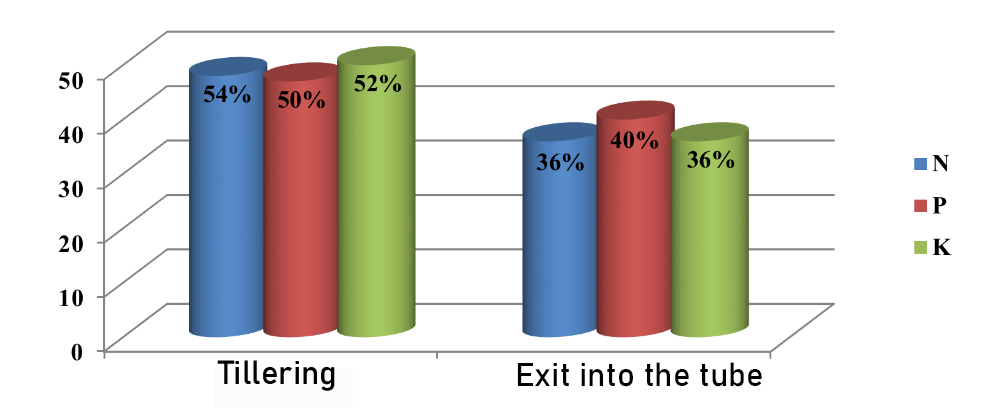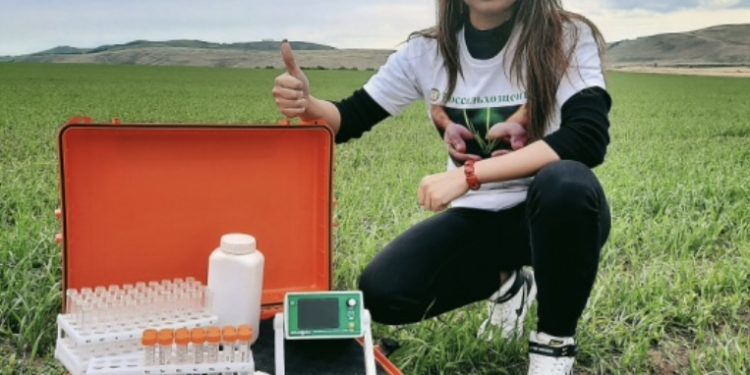Specialists of the Krasnoyarsk branch of the Federal State Budgetary Institution “Rosselkhoztsentr” have been helping agricultural producers of the region for four years to determine the need of plants for macro- and microelements using the functional express laboratory “Aquadonis”. This method is becoming increasingly popular, since timely fertilizing is important for the growth and development of all crops. The supply of minerals in the soil is insufficient, and the introduction of the necessary fertilizers helps to fill the deficit of important nutrients necessary for the growth, development, flowering and fruiting of agricultural plants. Thanks to the elements of nutrition, the resistance of plants to bacterial and fungal diseases increases, the adaptive properties to adverse environmental factors (drought, rising or falling temperatures) increase.
In 2022, leaf diagnostics was carried out in 27 farms of 7 districts of the region (Karatuzsky, Krasnoturansky, Kuraginsky, Minusinsky, Uzhursky, Sharypovsky, Shushensky) on an area of 35.04 thousand hectares. Crops of the following crops were examined: winter rye, winter and spring wheat, barley, oats, peas, rapeseed, corn, soy, buckwheat, flax, clover, sunflower, alfalfa. In the current year, the main share of the samples studied were spring grain ears – 56%, spring rapeseed – 14% and corn – 8%.

As a result of the diagnosis, it was determined which elements are necessary for the plant to develop in different phases of its growth. Spring grain crops experience a major shortage of mineral fertilizers at the initial stage in the tillering phase (Fig.1). At this time, grain crops absorb more than 40% nitrogen, as well as phosphorus, which contributes to the growth of the root system, the formation of a large ear, and earlier maturation of plants. With its lack, plants absorb nitrogen and potassium worse. The critical period for phosphorus and potassium is the initial period of growth, with their lack of yield decreases by 20-30%. As the culture develops, the need for basic nutrition elements gradually decreases.
These studies are carried out within the framework of phytosanitary monitoring and allow a comprehensive assessment of the state of crops. According to the results of research, agricultural producers are given recommendations for carrying out foliar fertilizing.































